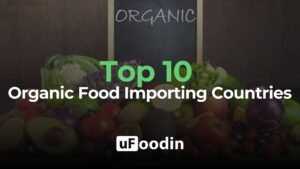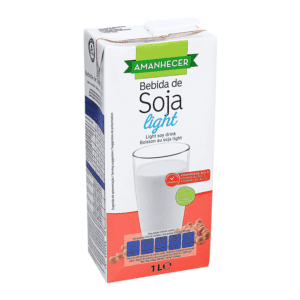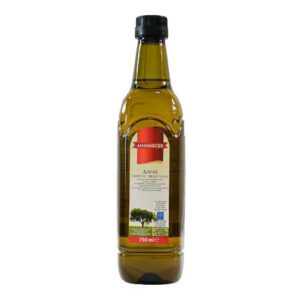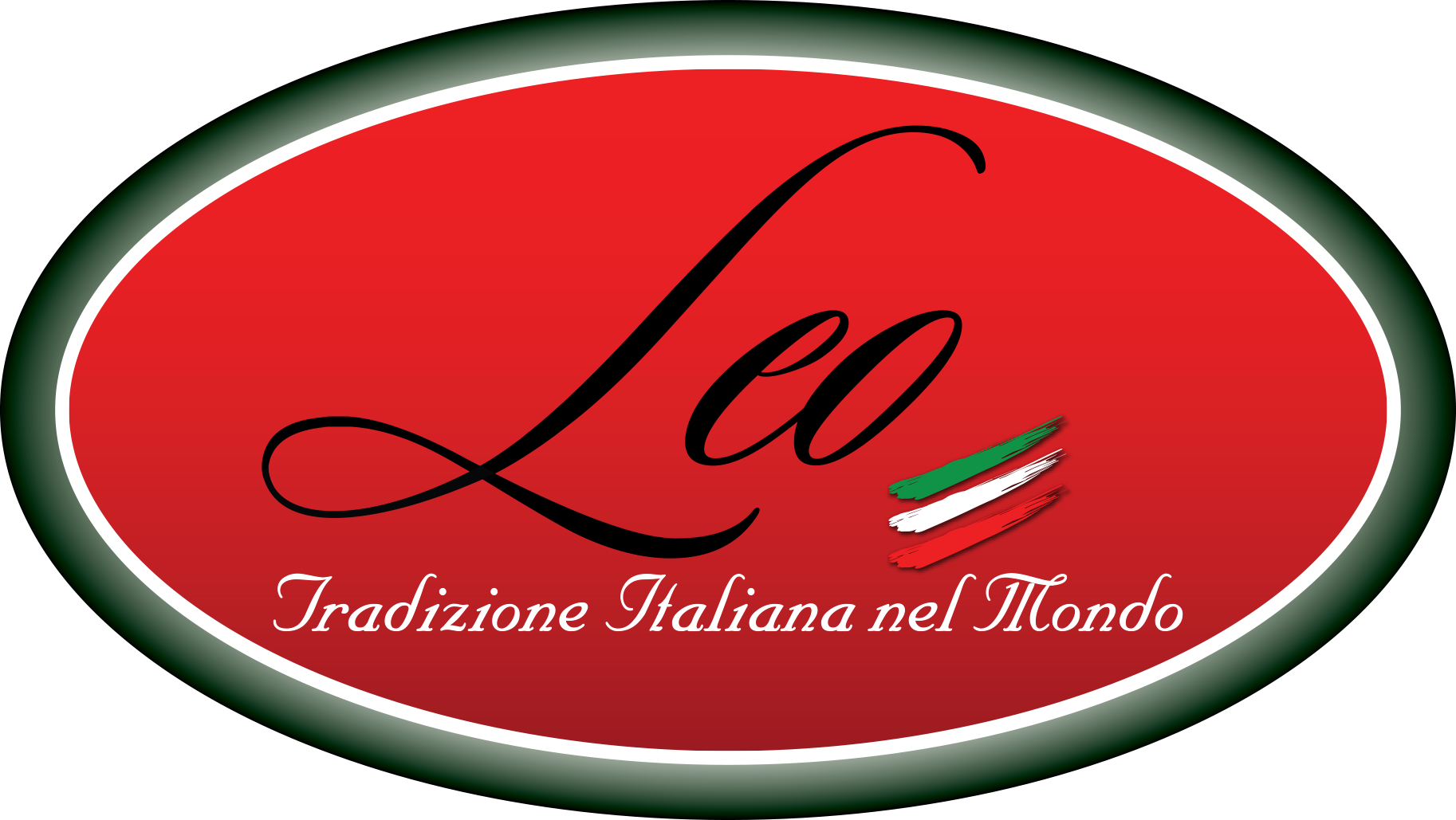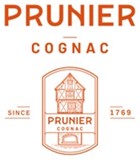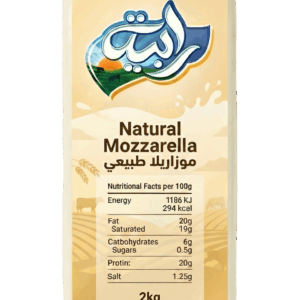
Top 10 Tea Brands
Tea is one of the most widely consumed beverages globally, cherished for its diverse flavors, cultural significance, and health benefits. The global tea market has demonstrated robust growth, with its value reaching approximately $75.93 billion in 2023. Projections indicate that the market will ascend to $118.77 billion by 2030, reflecting a Compound Annual Growth Rate (CAGR) of 6.6% during the forecast period.
Several factors contribute to this upward trajectory:
- Health and Wellness Trends: Increasing consumer awareness of the health benefits associated with tea consumption, such as antioxidant properties and potential disease prevention, has spurred demand for green, herbal, and specialty teas.
- Product Innovation: The introduction of functional teas, including those infused with vitamins, minerals, and adaptogens, caters to health-conscious consumers seeking added benefits.
- Premiumization: A growing segment of consumers is willing to invest in high-quality, artisanal, and single-origin teas, driving the premium tea market.
- Convenience Products: The rise of ready-to-drink (RTD) teas and tea bags offers convenience, appealing to busy lifestyles and expanding the consumer base.
Geographically, the Asia-Pacific region dominates the tea market, accounting for over 60% of global consumption, with China and India leading both production and consumption. However, North America and Europe are experiencing significant growth, driven by the increasing popularity of specialty and health-oriented teas among consumers.
In summary, the global tea market is poised for sustained growth, propelled by health trends, product innovation, and expanding consumer interest across various regions. Companies that align their strategies with these dynamics are well-positioned to capitalize on the evolving opportunities within the tea industry.

- Lipton (Unilever)
- Headquarters: London, UK, and Rotterdam, Netherlands
- Why It Stands Out: A globally recognized brand, Lipton dominates the tea market with its wide variety of offerings, from black and green teas to ready-to-drink options.
- Key Innovations: Focus on sustainability with Rainforest Alliance-certified tea plantations and recyclable packaging.
- Twinings (Associated British Foods)
- Headquarters: Andover, UK
- Why It Stands Out: Known for its premium-quality teas and diverse flavor portfolio, Twinings caters to both traditional and adventurous tea drinkers.
- Key Innovations: Development of functional teas targeting stress relief and digestive health.
- Tetley (Tata Consumer Products)
- Headquarters: Mumbai, India
- Why It Stands Out: Tetley is one of the largest tea companies globally, offering a broad range of products, including decaffeinated and specialty teas.
- Key Innovations: Introduction of plant-based tea blends and biodegradable tea bags.
- Celestial Seasonings (Hain Celestial Group)
- Headquarters: Boulder, Colorado, USA
- Why It Stands Out: Famous for its herbal and wellness teas, Celestial Seasonings focuses on natural ingredients and bold flavors.
- Key Innovations: Expansion into immunity-boosting teas and sleep-aid blends.
- Bigelow Tea
- Headquarters: Fairfield, Connecticut, USA
- Why It Stands Out: A family-owned brand, Bigelow is renowned for its classic and flavored teas, emphasizing quality and tradition.
- Key Innovations: Launch of organic and fair-trade-certified tea lines.
- Yogi Tea
- Headquarters: Springfield, Oregon, USA
- Why It Stands Out: Yogi Tea specializes in Ayurvedic-inspired teas designed for holistic health and wellness.
- Key Innovations: Use of adaptogenic herbs and functional ingredients to support mental clarity and energy.
- Tazo (Unilever)
- Headquarters: London, UK
- Why It Stands Out: Known for its bold and exotic blends, Tazo appeals to younger consumers with adventurous palates.
- Key Innovations: Introduction of ready-to-drink teas and cold-brew options.
- Harney & Sons
- Headquarters: Millerton, New York, USA
- Why It Stands Out: A luxury tea brand offering high-quality loose-leaf teas and elegant packaging.
- Key Innovations: Expansion into seasonal blends and customizable tea collections.
- Ahmad Tea
- Headquarters: Hampshire, UK
- Why It Stands Out: Ahmad Tea is celebrated for its premium black teas and global reach, particularly in the Middle East and Asia.
- Key Innovations: Launch of tea collections focused on regional flavors and rare tea varieties.
- Dilmah Tea
- Headquarters: Colombo, Sri Lanka
- Why It Stands Out: Dilmah emphasizes single-origin Ceylon tea, ensuring authenticity and quality.
- Key Innovations: Investment in ethical farming practices and innovative flavored tea lines.
Major Trends in the Tea Industry
- Health and Wellness Focus
The global tea market is increasingly driven by consumers prioritizing health and wellness. Functional teas enriched with adaptogens, probiotics, and antioxidants are growing in popularity. Green tea, known for its high antioxidant content, is projected to achieve a CAGR of 7.5% through 2030, driven by its perceived health benefits, such as supporting weight management and reducing stress.
- Premiumization of Tea
The demand for premium and artisanal teas is rising, with consumers willing to pay a premium for high-quality, single-origin products. The global premium tea market is expected to grow at a CAGR of 6.9%, spurred by the increasing popularity of luxury tea experiences and exotic blends.
- Growth of Ready-to-Drink (RTD) Teas
RTD teas are becoming a staple in the global beverage market due to their convenience. This segment, which includes iced teas and herbal infusions, is projected to grow at a CAGR of 5.8%. Flavors like matcha and hibiscus are gaining traction among younger, health-conscious demographics.
- Sustainability and Ethical Sourcing
Sustainable and ethical sourcing practices are becoming critical for tea producers. Certifications like Fair Trade, Rainforest Alliance, and Organic are increasingly sought after, with eco-conscious consumers demanding transparency in sourcing and production.
- Diversification of Tea Flavors
Brands are exploring unique and culturally inspired flavors to cater to adventurous consumers. Herbal and floral infusions, such as chamomile, lavender, and rooibos, are gaining popularity for their distinct taste profiles and wellness benefits.
- Digital Transformation and E-Commerce
E-commerce is revolutionizing the tea industry, enabling brands to reach a broader audience. Direct-to-consumer models and subscription services are gaining momentum, providing customers with tailored tea experiences and exclusive product offerings.

Main Challenges in the Tea Industry
- Climate Change Impacts
Tea production is highly sensitive to climate change. Rising temperatures, erratic rainfall, and water scarcity are affecting tea yields and quality, particularly in regions like Assam, Darjeeling, and Sri Lanka. Producers are investing in climate-resilient farming practices, but these measures come with increased costs.
- Increasing Production Costs
Labor-intensive cultivation and harvesting processes, combined with the rising costs of fertilizers, transportation, and sustainable farming initiatives, are impacting profitability. This challenge is particularly acute for small-scale producers.
- Regulatory Compliance
The tea industry faces stringent regulations on pesticide use, labeling, and food safety. Exporters must navigate complex regulatory landscapes that vary by region, increasing operational complexities and costs.
- Competition from Alternative Beverages
Herbal infusions, coffee, and functional beverages like kombucha and energy drinks are posing significant competition. To remain relevant, tea brands must innovate with new flavors, functionalities, and convenient formats.
- Supply Chain Vulnerabilities
Geopolitical tensions, logistical disruptions, and labor shortages are causing supply chain inefficiencies, impacting the timely delivery of raw materials and finished products.
- Consumer Preferences and Perception
Younger consumers are shifting toward trendy and innovative beverages, such as bubble tea and specialty coffees. Traditional tea brands must innovate to capture this demographic without alienating their existing customer base.
The Top 10 Tea Brands demonstrate the industry’s ability to balance centuries-old traditions with modern consumer demands. From Lipton’s widespread accessibility to Dilmah’s commitment to single-origin authenticity, these brands have set the bar for quality, sustainability, and innovation.
Platforms like uFoodin empower tea producers to expand their reach by connecting them with global distributors, fostering partnerships, and showcasing unique offerings tailored to evolving consumer preferences. Smaller brands can utilize uFoodin to highlight their niche products and tap into new markets, while established companies can leverage the platform to address supply chain challenges and explore emerging trends.
The future of the tea industry is both exciting and complex. With climate change, sustainability demands, and shifting consumer behaviors at the forefront, companies must adapt and innovate to thrive. By focusing on functional benefits, eco-friendly practices, and premium experiences, tea brands have the opportunity to not only meet these challenges but also redefine their role in a global market that continues to grow and evolve.
uFoodin Editorial Team
Bibliography
- Statista: Global Tea Market Overview and Growth Projections
- Grand View Research: Tea Market Dynamics and Regional Insights
- Fortune Business Insights: Trends in Premium and Functional Tea Products
- IMARC Group: Tea Industry Challenges and Opportunities
- Future Market Insights: Sustainability and Innovation in the Tea Sector
- Market Research Future: E-commerce and Digital Transformation in the Tea Industry

